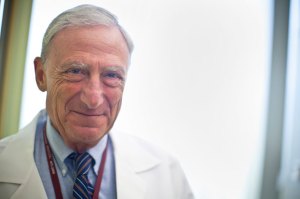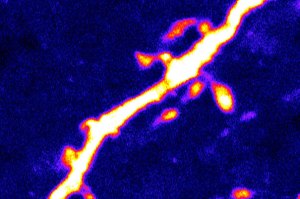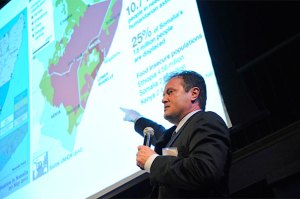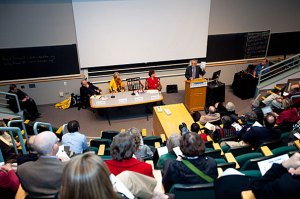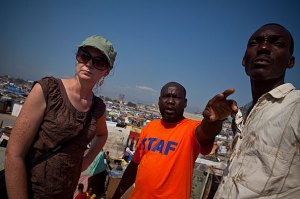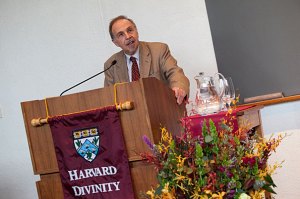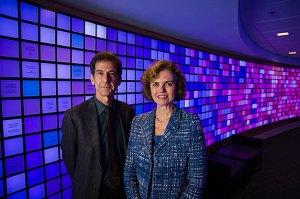Tag: Harvard Medical School
-
Arts & Culture
Let there be music
As a liberal arts college, Harvard trains its students broadly so they can adapt nimbly to a rapidly changing world. Increasingly, appreciating and participating in music are integral parts of student life.

-
Health
New subtype of ovarian cancer identified
Scientists at Dana-Farber Cancer Institute have identified a subtype of ovarian cancer able to build its own blood vessels, suggesting that such tumors might be especially susceptible to “anti-angiogenic” drugs that block blood vessel formation

-
Campus & Community
Hyman to lead Broad research center
Steven E. Hyman, a Harvard-trained neuroscientist, University provost for a decade, and the former director of the National Institute of Mental Health, has been named director of the Broad Institute’s Stanley Center for Psychiatric Research, effective Feb. 15.

-
Health
Right time for ‘end-of-life’ talk
A study by Harvard-affiliated Dana-Farber Cancer Institute finds that most terminally ill cancer patients discuss end-of-life care with physicians but that such discussions often occur late in their illness.
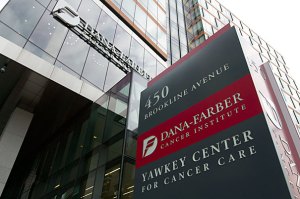
-
Health
The search for life’s stirrings
As science wrestles with the problem of how life arose on Earth, hindsight shows that seemingly intractable obstacles can have simple, even elegant solutions, said Nobel laureate Jack Szostak.
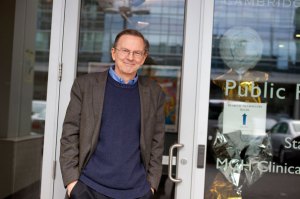
-
Science & Tech
As strong as an insect’s shell
Wyss Institute scientists have created a material that mimics the hard outer skin of bugs. The result is low-cost and easily manufactured, and tough. It eventually might provide a more environmentally friendly alternative to plastic.
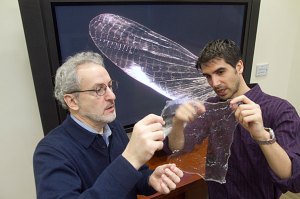
-
Health
Blood test for depression?
The initial assessment of a blood test to help diagnose major depressive disorder indicates it may become a useful clinical tool.
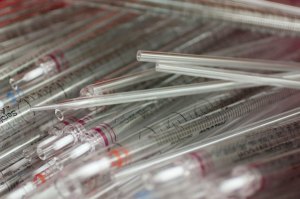
-
Health
Triumphs against smallpox, polio, AIDS
Harvard researchers have been at the forefront of many battles against devastating diseases, leading pivotal breakthroughs against scourges from 1800 to the present.
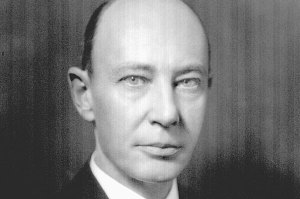
-
Health
Decoding keys to a healthy life
Now 74 years young, the Harvard Study of Adult Development continues to yield a treasure trove of data about how people behave, and change — including predictions of strong indicators to a happy life.
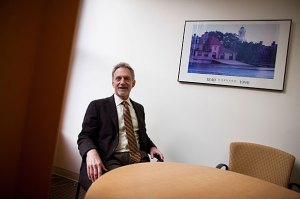
-
Health
Enlightened eating
Color-coded food labeling and adjusting the way food items are positioned in display cases encouraged healthy choices in a large hospital cafeteria in a study by MGH researchers.

-
Health
Tumor cells can prevent tumor spread
A new study from Harvard-affiliated Beth Israel Deaconess Medical Center finds that a group of little-explored cells in the tumor microenvironment likely serves as an important gatekeeper against cancer progression and metastasis.
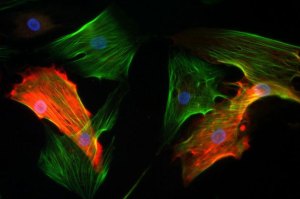
-
Health
Good news for marathoners
Harvard researchers have found that those participating in marathons and half-marathons are not at an increased risk of cardiac arrest.

-
Health
Reaping benefits of exercise minus the sweat
A team led by researchers at Harvard-affiliated Dana-Farber Cancer Institute has isolated a natural hormone from muscle cells that triggers some of the key health benefits of exercise.
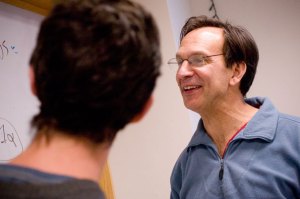
-
Health
Struttin’ its stuff
Harvard researchers have found that a tiny motor inside of us called dynein, one tasked with shuttling vital payloads throughout the cell’s intricate highway infrastructure, staggers, which is quite contrary to the regular, efficient poise of its fellow motors.
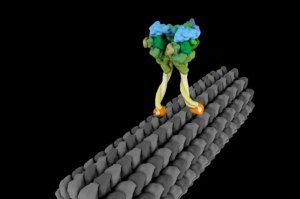
-
Health
Use, abuse of Internet pharmacies
Efforts to halt the growing abuse of prescription drugs must include addressing the availability of these drugs on the Internet and increasing physician awareness of the dangers posed by Internet pharmacies.
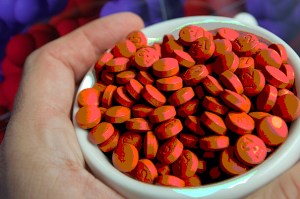
-
Science & Tech
A humanitarian comes home
Harvard Medical School Instructor Stephanie Kayden’s educational life came full circle this semester, when she taught a humanitarian studies course in Emerson Hall, where, as an undergraduate philosophy concentrator she honed her own reasoning skills years ago.

-
Health
Slowing neurodegeneration in Huntington’s
Harvard researchers have found a treatment that increases brain levels of an important regulatory enzyme may slow the loss of brain cells that characterizes Huntington’s disease and other neurodegenerative disorders.

-
Arts & Culture
Using the bully pulpit
In his new memoir, former Harvard Medical School Dean Joseph Martin recalls a small-town childhood, an attraction to medicine, and the ups and downs of leadership.
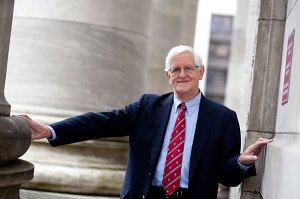
-
Health
Harvard professors partner in unique approach
The first-of-its-kind strategy is credited for curing at least five of 10 children at a rural Rwandan hospital; two others are in remission while receiving chemotherapy, and three children have died. The long-distance team approach was designed by Harvard Medical School instructor in medicine Sara Stulac, director of pediatrics for Partners In Health.
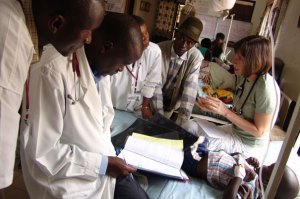
-
Science & Tech
Thinking green, and thinking big
At the first Harvard Thinks Green, six Harvard professors gathered at Sanders Theatre to seek big solutions for complex and potentially intractable problems such as climate change.
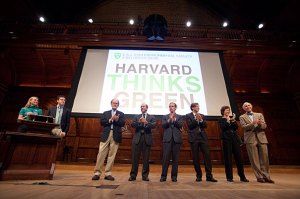
-
Health
Traumatic injury sets off a ‘genomic storm’
Harvard researchers are among a nationwide team that has found serious traumatic injuries, including major burns, set off a “genomic storm” in human immune cells, altering around 80 percent of the cells’ normal gene expression patterns.
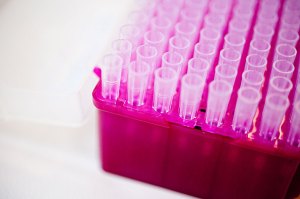
-
Campus & Community
Rosenthal to depart HUHS
David Rosenthal, who has been director of Harvard University Health Services for 23 years and oversaw both physical and electronic modernization, is stepping down at the end of the academic year.
